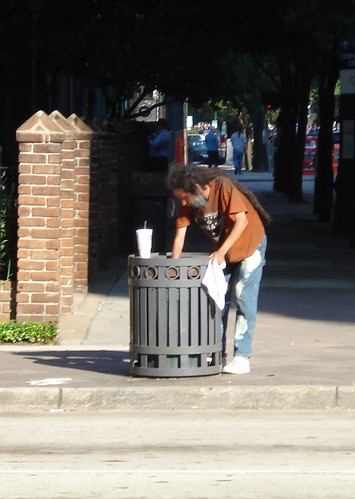Under the assumption that Asian culture ensures happy and comfortable life for the old at the premises of their children, most Asian governments avoided securing any meaningful provision for old age pensions. This worked fine as long as Asian societies were primarily agrarian with the patriarch of households holding the rights to the family land till death which also came rather early. Also, since till just a few decades back, female life expectancy was lower than that for males in these societies, the patriarch could also ensure a comparable lifestyle for older women in the household.
As economies grew, income levels increased, and agriculture took a backseat, the wealth of parents started mattering less. Increased life expectancy meant that a lot had to be spent on healthcare for the old affecting the financial position of their children. Accordingly, elderly people started having a tough time staying with their children in Asian societies. I grew up in a railway colony where voices from the neighboring houses could be heard without effort and arguments between elderly and their children ending in tears from the former were rather frequently heard. Older people, in their conversations, would hope most for a quick and respectable death. In middle class families, the elderly are kept in good humor for some time when their free labor as keepers of young children is valued by families where both the husband and wife are employed; but this stage passes fast. While elder men in organized sector and their wives could depend on a reasonable pension, in countries like
As such many governments have been taking small steps to address this issue affecting a sizeable and growing segment of population. In
This act may seem logical but has been attacked as a sly way for the state to transfer its responsibilities. A similar act has been operational in Himachal Pradesh since 2001-02 and EPW reports that only 89 cases have been reported thus far which shows that parents are clearly reluctant to sue against their children unless driven to desperation. All the same, these initiatives do little to consider elderly as complete individuals, having needs greater than mere food and shelter. Some of the greatest problems for the elderly have been their isolation, humiliation, diseases, inability to get empathy, and inability to get financial credit.
So how can the elderly be provided with a dignified life? The fact is that while evolution has resulted in a condition wherein parents develop affection towards their children, the permanent existence of this sentiment in the opposite direction is not required for the sustenance of the species. Even parents in many cases hope for a male child so that they can be taken care of during old age which is often cited as an example of selfish behavior by the elderly themselves. As such, relying merely on the conscience of their legal heirs will never be effective. However, the state can indeed play a role by economically sustaining the elderly, in turn making it an attractive proposition for the younger generation to take care of all the needs of the elderly. Generous universal pensions for those above a certain age and no other major source of income would indeed go a long way in achieving that. A network of hospitals and old age homes in both rural and urban locations that provide affordable care for the elderly will also be much appreciated, especially by those who end up dying under the sun, unattended. Additionally, community based rapid action forums that could quickly attend to emergency needs of the elderly can ensure help to them when they need it most.
Evolutionary processes have largely rendered the elderly as trivial as disposable soma sounds. Rarely does any species care for the elderly who are almost inevitably left to die after a lonely and bitter old age. Human beings also mostly succumb to the same evolutionary instincts of selfish behavior. All the same, the concept of state has been developed by the human brain to give a chance to the much vaunted idea of fairness, of ensuring a respectable life for those who are disadvantaged. Care for the elderly too should follow that same path of sociological development that defies individual evolutionary instincts, in other words, selfishness. The inevitable course (with huge kinks) of human history has been to tolerate and nurture harmless variety, and considering the elderly a part of this varied landscape of humanity rather than as a disabled section would ensure they receive the compassion and respect that every human deserves.(inspired by Frontline article on the disabled)

No comments:
Post a Comment